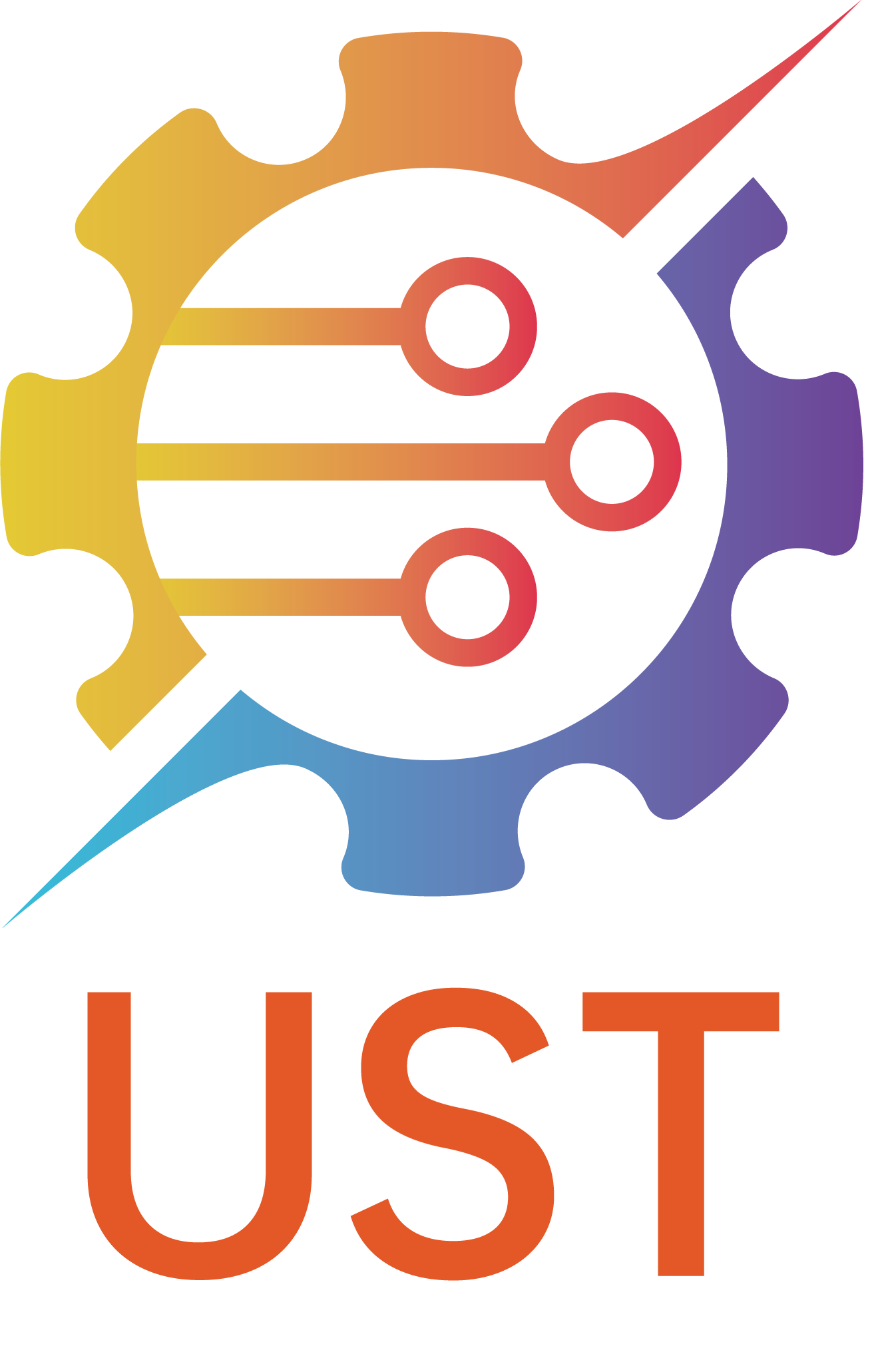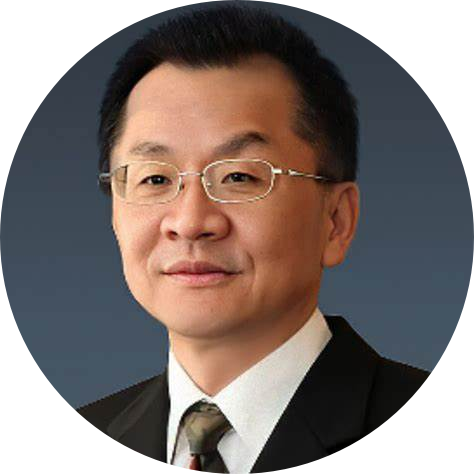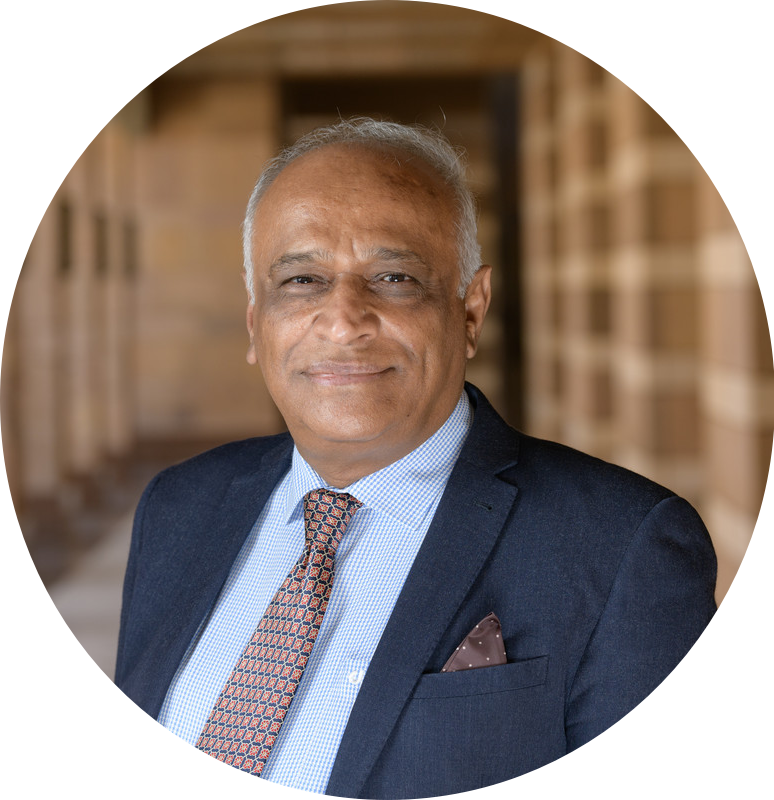

Prof. C. L. Philip Chen (IEEE Fellow)
South China University of Technology, China
Biography:
C. L. Philip Chen (Fellow, IEEE) received the M.S. degree in electrical engineering from the University of Michigan, Ann Arbor, MI, USA, in 1985, and the Ph.D. degree in electrical engineering from Purdue University, West Lafayette, IN, USA, in 1988. He is currently a Chair Professor and the Dean of the School of Computer Science and Engineering, South China University of Technology, Guangzhou, China. Being a Program Evaluator of the Accreditation Board of Engineering and Technology Education (ABET) in the USA, for computer engineering, electrical engineering, and software engineering programs, he successfully architects the University of Macau's Engineering and Computer Science programs receiving accreditations from Washington/Seoul Accord through Hong Kong Institute of Engineers (HKIE), of which is considered as his utmost contribution in engineering/computer science education for Macau as the former Dean of the Faculty of Science and Technology. His current research interests include systems, cybernetics, and computational intelligence.,Prof. Chen is a Fellow of AAAS, IAPR, CAA, and HKIE; a Member of Academia Europaea (AE), European Academy of Sciences and Arts (EASA), and International Academy of Systems and Cybernetics Science (IASCYS). He was the recipient of the IEEE Norbert Wiener Award in 2018 for his contribution in systems and cybernetics, and machine learning. He is also a 2018 highly cited researcher in Computer Science by Clarivate Analytics in a 2018. He was the recipient of the 2016 Outstanding Electrical and Computer Engineers Award from his alma mater, Purdue University, after he graduated from the University of Michigan at Ann Arbor, Ann Arbor, MI, USA in 1985. He was the President of the IEEE Systems, Man, and Cybernetics Society from 2012 to 2013, and the Editor-in-Chief of the IEEE Transactions on Systems, Man, and Cybernetics: Systems. Currently, he is the Editor-in-Chief of the IEEE Transactions on Cybernetics, and an Associate Editor of the IEEE Transactions on Fuzzy Systems. And currently, he is a Vice President of Chinese Association of Automation (CAA).

Prof. Maki Habib
The American University in Cairo, Egypt
Biography:
Maki Habib obtained his Doctor of Engineering Sciences (DES) in Intelligent and Autonomous Robotics from the University of Tsukuba in 1990, Japan. He was a selected research scientist at RIKEN, Japan, and senior researcher at RISO-Laboratories, Japan, and visiting researcher at EPFL, Switzerland. He was a visiting expert under Asian Development Bank (ADB), Associate Professor at UTM, Malaysia, and a Senior Manager at MCRIA for engineering projects and industrial consultation, Malaysia. He was a leading senior research scientist with GMD-Japan, Japan leading Telecooperation research group. Associate Professor with Monash University (Australia/Malaysia), he developed and led the Mechatronics Engineering program. He was appointed as a full Professor of Robotics and Mechatronics at Swinburne University (Australia/Malaysia). Then, he was an invited Professor at KAIST, South Korea, Residing Professor at Saga University, Japan, and since Sept. 2007 he is a full Professor of Robotics and Mechatronics at AUC. Habib was a visiting professor (short term) at many Universities around the world, such as, Nagasaki University-Japan, Hokkoido University-Japan, Orebro University – Sweden, Norwegian University of Science and Technology – Norway, etc. Habib served as a consultant and Technical advisor to well-known international companies including Toyota group and ABB. Habib is Editor-in-Chief of the International Journal of Artificial Intelligence and Machine Learning, Regional Editor and Associate Editor of 10 International Journals, and Editorial Board member of another 10 International Journals beside his leadership as a member of international organizing/program committee of more than 20 International Conference every year. Habib edited more than 14 books, published more than 26 book chapters and also more than 275 papers at international journals and international conferences.